A new old function for architecture
Frescoes have played a significant role in the spiritual uplifting architecture throughout history. These intricate wall paintings have been used to depict religious scenes and figures, creating a sense of awe and reverence in those who view them. From the stunning frescoes of the Sistine Chapel to the intricate mosaics of Byzantine churches, these works of art have inspired and uplifted people for centuries. The use of frescoes in architecture continues to be a powerful tool for conveying spiritual messages and creating a sense of wonder and beauty in the world around us.


Arkeos International
&
Granvelle & Associates
In order to implement his fresco techniques, Christian Granvelle founded two companies, Arkeos International in France and later on, Granvelle & Associates in California and Middle East
PROJECTS
It was through these architectural projects that Christian Granvelle was able to apply his techniques on a very large scale.

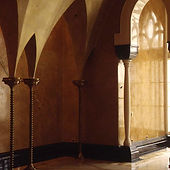


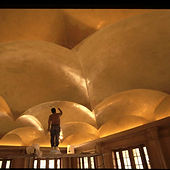
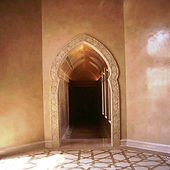
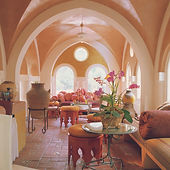



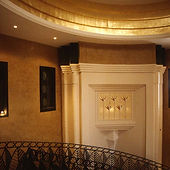
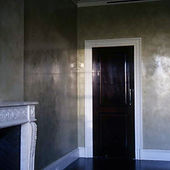

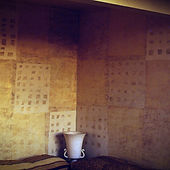



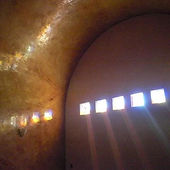
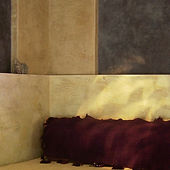
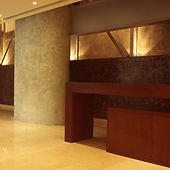




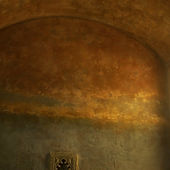
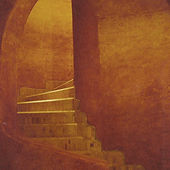

TEXTURES
Fusing innovative and ancient techniques allowed Christian Granvelle to create hundreds of wall textures. Some of his samples were even sold as abstract paintings.

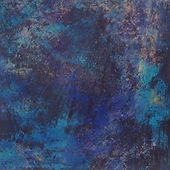
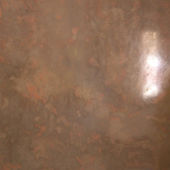
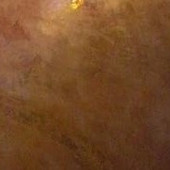
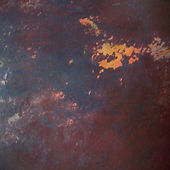

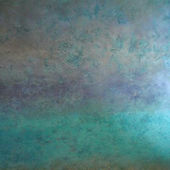
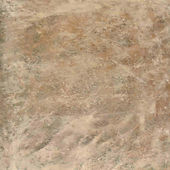

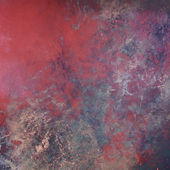
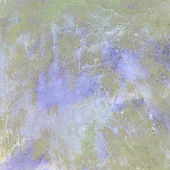
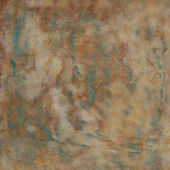
The secrets behind Granvelle's magic touch
"...Very early on, I understood that it was necessary to adapt the arduous tradition of mural painting to contemporary requirements. It was tedious, time-consuming and subject to unfortunate accidents due to the climate, the weakness of the supports and overly complex know-how. Invisible repairs and touch-ups were also impossible.
Finally, it was in 1985 that I would make a discovery that would change the course of my life as an artist. Thanks to Canada, where a technical book was published on how to improve the qualities of lime using various additives.
I was then able to test all these solutions and discover the miracle ingredient: magnesium! It had the power to transform lime into the perfect material for fresco painters: increased strength and durability, improved resistance to humidity, better workability and flexibility, allowing up to 5 paper-thin layers to be applied. The solidity was astonishing even outdoors, allowing extraordinary artistic renderings, impossible until then. Combined with very fine sand and pigments it could be used as a stucco directly on cemented surfaces, even on concrete.
I immediately began to make hundreds of samples, testing all the possible effects caused by the reaction to other elements such as wax, various mineral and natural pigments, soap, commercial and natural varnishes, water-based acrylic varnishes and all sorts of exotic ingredients whose virtues I already knew. It was exhilarating and magical to see all these astonishing effects appear under my hands almost effortlessly. I could finally realize my dream of reproducing the processes of mineral nature at will and on large surfaces.
I learned to master them while refining the process and making it accessible to my team of assistants. It was also important that it could be repeated with a consistent result. I still remember the shouts of joy they would let out when they finally mastered these revolutionary techniques. These sometimes rough men felt like they had become artists in the space of a week!
After a while, I was able to create beautiful impressionistic effects, by superimposing different layers of different colors. I found that starting with a dark or strong tone was always the best solution and produced the most beautiful effects. For the following layers, I could play with contrasting colors or lighter tones for a more natural effect.
Then, each layer of this very fine dolomitic lime had to be burnished (polished) with a steel knife to bring out the richness of the color and speed up the oxidation process. After 3 layers, the impressionistic effect was created as they began to merge and play with each other.
It was awesome!
To enhance this already mesmerizing beauty, I had to protect it either with natural Brazilian Carnauba wax for extra shine or with a water-based sealant for a matte effect. All of these techniques also had to be thoroughly tested.
We were ready to beautify and amaze the world!
Based on this discovery and others, I was able to invent a dozen techniques, still used today by different companies and artists around the world."